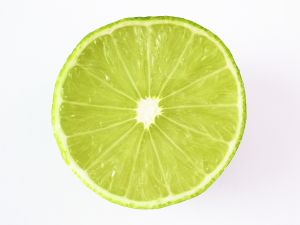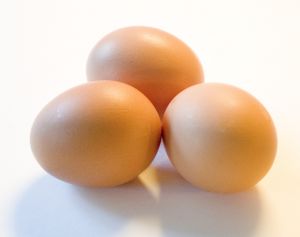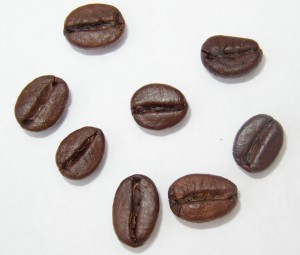Foods that are recommended for people with gallstones:
- Beets (very good for supporting the liver and gallbladder)

- Cucumber
- Green beans
- Sweet potatoes
- Avocado
- Artichoke
- Tomatoes and tomato sauce
- Okra
- Cold water fish (salmon, trout, herring, mackerel) and fish oils
- Grapes and organic grape juice
- Apples and organic apple juice
- Apricots
- Blue and blackberries
- Currants
- Figs
- Guava
- Lemons

- Pears
- Papaya
- Prunes
- Coconut
- Flax seed oil
- Vinegar
- Vegetable juices
- Garlic
- Ginger
- Turmeric
- Onions (may aggravate sensitive individuals)
- WATER – incredibly important. Drink 2 liters per day.
- Peppermint tea
- Herbal teas
Foods that should be avoided:
- Deep fried foods

- Eggs (cause symptoms in up to 95% of patients)
- Pork
- Turkey
- Chicken
- Beef
- Nuts
- Legumes
- Dairy (milk, butter, cheese, cream, ice cream)
- Gluten grains (wheat, barley, spelt, rye, kamut)
- Corn
- Coffee (can decrease the risk of developing gallstones, but can aggravate existing gallstones)
- Black tea

- Oranges, grapefruit
- Margarine
- Chocolate
- Alcohol
- Cabbage
- Cauliflower
- Carbonated beverages
- Food allergens
In addition to avoiding these foods you should also avoid large meals, especially late in the evening. Eat several smaller meals throughout the day and focus on consuming greater amounts of fruit and vegetables. Once you are symptom free and ready to re-introduce dairy and meat products, select low fat options.
While weight loss is often desirable for people with gallstones it is important not to lose weight too quickly – this can lead to a gallbladder crisis. Instead focus on slow, steady weight loss and regular aerobic exercise (which also supports gallbladder health).
Are there naturopathic treatments for gallstones?
Yes. In addition to a healthy diet there are several supplements that can support the function of the gallbladder and decrease symptoms of gallstones.
Omega 3 fish oils – Fish oils reduce the formation of gallstones by enhancing bile flow and blocking cholesterol formation in the bile. A combined EPA-DHA fish oil supplement should be taken by anyone with gallstones, or risk factors for the development of gallstones.
Increase dietary fiber – Diets high in water-soluble fiber (from fruits, vegetables, oat bran and guar gum) decrease cholesterol levels – a primary goal of gallstone treatment. A good source of fiber is to mix 1 tablespoon of ground flaxseed into one serving (8oz or ½ cup) of organic applesauce and consume daily.
Vitamin C – Low levels are associated with the development of gallstones.
Lecithin – a phospholipid that reduces the saturation of cholesterol in bile that leads to stone formation. Oral supplementation results in higher concentrations of lecithin in the bile. This results in improved bile flow.
Enteric-coated peppermint oil – peppermint has been shown to have ‘anti-lithic’ activities. It may be able to breakup small stones, but is unlikely to dissolve large stones. Peppermint also has anti-spasmodic effects and can help manage the pain of gallstone attacks. Non-enteric-coated forms can cause heartburn and should be avoided.
 Other botanicals with liver and gallbladder specific actions can be used in some individuals. These include dandelion root, milk thistle, artichoke, curcumin, celandine, wild yam, blackroot, boldo, and others.
Other botanicals with liver and gallbladder specific actions can be used in some individuals. These include dandelion root, milk thistle, artichoke, curcumin, celandine, wild yam, blackroot, boldo, and others.
Another popular natural remedy for gallstones is the “Olive Oil Flush”. Stories abound of individuals passing large gallstones after following this protocol. Studies examining these ‘stones’ have demonstrated them to be saponified olive oil and not gallstones. Olive oil flushes are NOT recommended for individuals with gallstones as they can lead to a complete blockage of the bile ducts and result in the need for surgery.
As with any serious health concern, it is recommended that you contact a qualified Naturopathic Doctor who can individualize your plan to meet your specific needs.